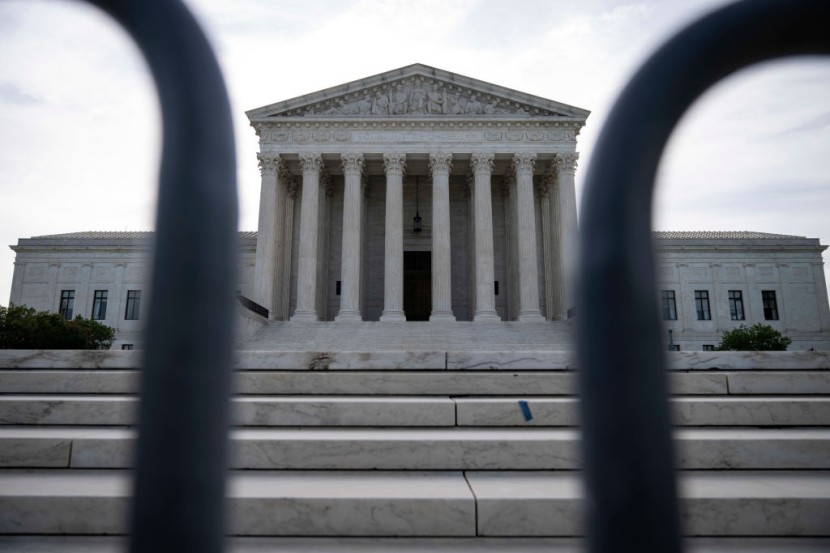
The Supreme Court unanimously voted on Monday that immigrants who illegally entered the United States and are under Temporary Protected Status (TPS) will not be allowed to apply for green cards.
Thousands of U.S. residents who are in the country because of dangerous situations in their home countries find the vote a massive setback. Supreme Court Associate Justice Elena Kagan said the major question addressed by the decision is whether or not the conferral of TPS will allow an immigrant Legal Permanent Residency (LPR).
Some nonimmigrants are allowed to seek a review of their U.S. legal status under federal law if they have been admitted into the country. However, being under TPS in itself is not considered as having admitted someone into the country, Kagan said.
Illegal Entry
What the United States government considers as admission is the legal entry of a person after inspection and authorization by an immigration officer. While the TPS program gives people from other countries a nonimmigrant status, it does make them admitted into the country, Kagan said.
A Salvadoran immigrant, Jose Santos Sanchez, entered the United States illegally in 1993 and was brought under TPS in 2001. In 2014, Sanchez applied for a green card but was told he was ineligible, prompting him to bring the case.
The Congressional Research Service estimates that about 320,000 foreign nationals are currently residing within the United States and are under TPS. These include immigrants from 12 countries, including Burma, El Salvador, Haiti, Honduras, Nepal, Nicaragua, Somalia, South Sudan, Sudan, Syria, Venezuela, and Yemen.
Many of these foreign nationals illegally entered the United States and are not considered admitted, immigration advocates said. Immigrants are expected to be forced back to their home countries if and when their TPS status is revoked, ABC News reported.
Effects of the Vote
The unanimous vote comes after several presidential administrations have struggled to control the number of migrants coming into the U.S. from Central America because of the instability or chaos in their home countries.
This week, United States Vice President Kamala Harris will be visiting Guatemala in an attempt to address that problem.
Many experts argue that the decision will have significant detrimental effects on TPS beneficiaries who are looking to apply for permanent legal residency in the United States. National Immigrant Justice Center attorney, Lisa Koop, said officials are not aware of the devastating real-life impacts the decision will cause. She said Congress should work with immigration statutes to solve these kinds of problems.
In April, court justices seemed to be skeptical of the immigrants' case. These lead many to believe the decision was already decided even before the voting was held.
At around that time, Associate Justice Brett Kavanaugh told a lawyer for immigrants they had a mountain of challenges to face if they want to fight for their goals. He also said politicians should be wary of changing the immigration statutes as written, USA Today reported.
Related Article: Donald Trump Returns to Stage, But People Says His Pants Are Worn Backwards Sparking Twitter Memes
© 2025 HNGN, All rights reserved. Do not reproduce without permission.








